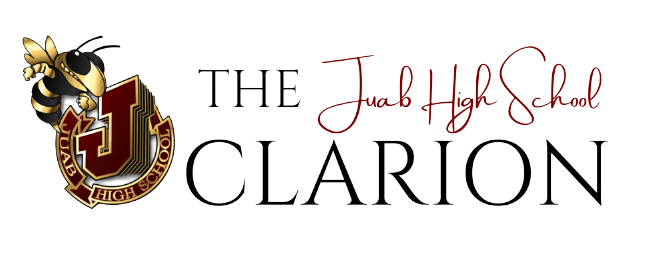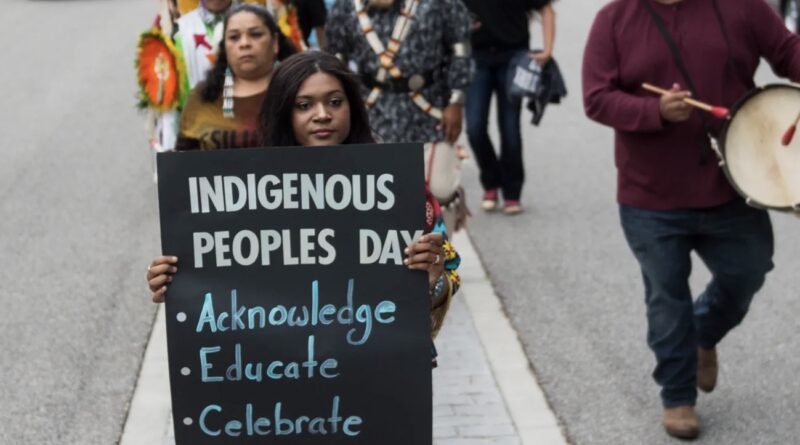The Brief History of Indigenous People Day
Do you remember what holiday October 11th is? It’s Indigenous People Day. Many people are still unaware of the holiday. Perhaps it is because it’s overshadowed by the bigger October holiday, Halloween. It is a pity because Indigenous People Day is a holiday worth remembering.
First off, what is Indigenous People Day? Indigenous People Day, or Native American day, is a holiday created to honor the native people of America. It is a day to appropriately celebrate the history and cultures of the indigenous people of America. People not of Indigenous origins are welcomed to take the opportunity to learn about their native countrymen.
So, how did Indigenous People Day become a holiday? Well, according to smithsoniamag.com the origins of the holiday started with the creation of Columbus day. When it was announced that Columbus day was to be a holiday Native Americans were outraged. Many of them protested the holiday because Columbus’s actions had resulted in their ancestors being enslaved and murdered. In their eyes by honoring Columbus people were honoring the murder of Native people. Due to the protest, In 1990 South Dakota became the first state to replace Columbus day for Indigenous People Day.
Today, fourteen states now celebrate Indigenous People Day on October 11. Those fourteen states are Alabama, Alaska, District of Columbia, Hawaii, Idaho, Iowa, Louisiana, Maine, Michigan, Minnesota, New Mexico, North Carolina, Oklahoma, Oregon, South Dakota, Vermont, Virginia, and Wisconsin. The state of Hawaii deferred from the rest, by naming the day Discovers’ Day, but the meaning behind the day was kept the same.
Currently, our state of Utah has yet to replace Columbus day with Indigenous People Day. However, according to Kurt.com, Salt Lake City commemorates both holidays on the shared date of the month. No matter if you think Columbus Day should stay or not, this October 11th we can all take the time to commemorate the many Native people that share this country with us.

